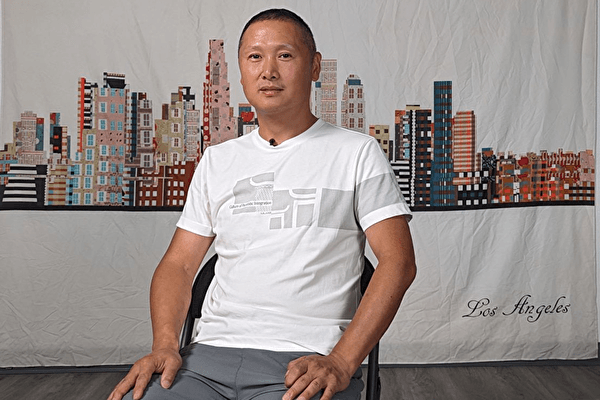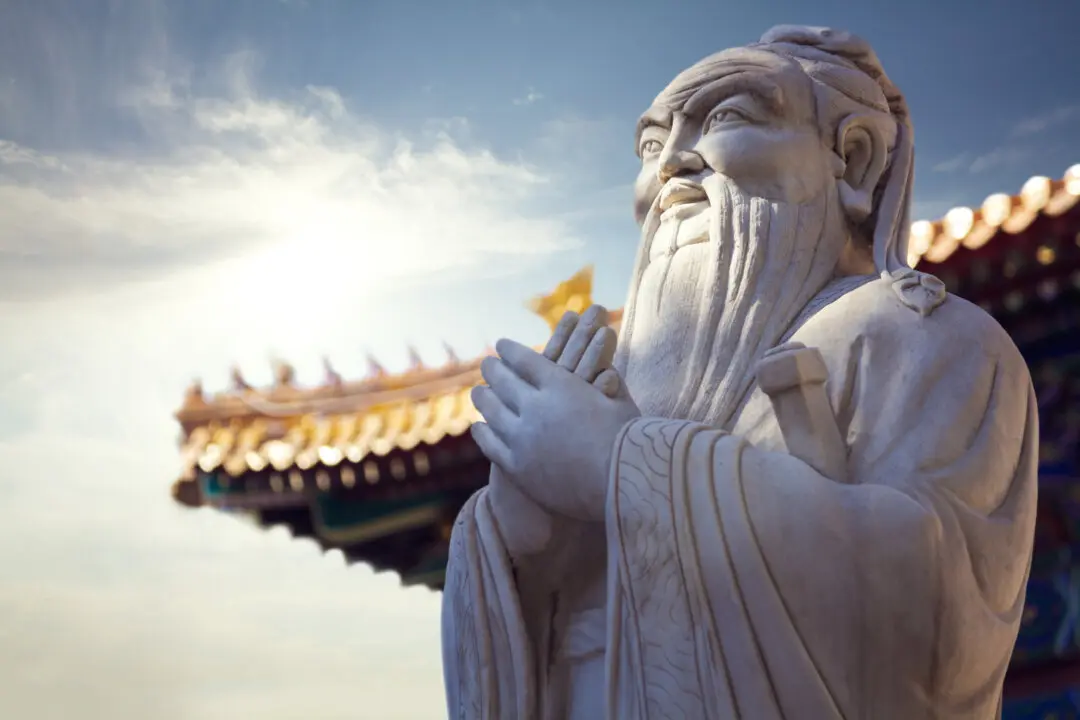A Chinese businessman who suffered financial losses in China recently began a new life in the United States. He told The Epoch Times that Beijing’s arbitrary policies and totalitarian rule made his life difficult.
“In China, I had always felt that there was a huge leech on my body, sucking blood from me,” said Hu Dewang, who immigrated from China to the United States in June. He referred to the Chinese Communist Party (CCP) as the “leech” that sucked his business dry.





